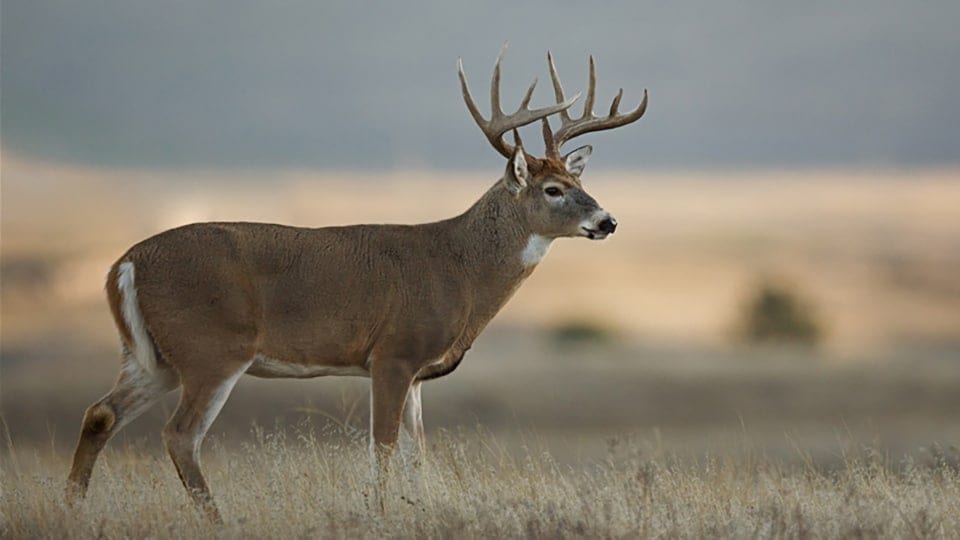Hunting is an activity that combines skill, endurance, and strategy. It requires not only extensive knowledge but also careful planning and practical execution. Here are some practical hunting tips to help improve your chances of success.
1. Proper Preparation
Preparation is key before heading out for a hunt. This includes:
- Understand Your Target Animal: Study the habits, behaviors, activity patterns, and habitats of the animal you intend to hunt.
- Choose the Right Gear: Select weapons, clothing, and other tools suitable for the environment and prey. For example, insulated boots, waterproof jackets, and durable backpacks are essential items.
- Scout the Area: Explore the hunting area in advance to understand the terrain and identify potential animal trails.
2. Concealment and Camouflage
Animals have keen senses, especially sight, smell, and hearing. Concealment and camouflage are critical.
- Camouflage Clothing: Wear clothing that matches the surrounding environment.
- Minimize Scent: Use scent-free hygiene products and avoid using items with strong odors before hunting.
- Silent Movement: Practice walking quietly to avoid stepping on twigs or dry leaves.
3. Utilize the Natural Environment
Making good use of your surroundings is fundamental to success.
- Wind Direction: Always stay downwind to prevent your scent from reaching the prey.
- Cover: Use trees, bushes, or rocks as cover while approaching your target.
- High Ground: When possible, choose elevated positions to observe animal movements.
4. Patience and Observation
Hunting requires patience.
- Wait for the Prey: Find an area with potential prey activity and wait silently.
- Observe Details: Look for tracks, animal droppings, and broken branches as signs of nearby animals.
5. Timing the Shot
- Ensure a Clear Target: Only take a shot when you are certain of your target and that it is safe to do so.
- Aim for Vital Areas: Target vital areas such as the heart or lungs for a humane and effective kill.
- Stay Calm: Keep your composure to avoid missing the shot due to nerves.
6. Post-Hunt Procedures
- Safely Transport the Game: Use tools like drag straps or sleds to move the game.
- Field Dressing: Process the animal immediately to ensure the meat remains fresh.
- Environmental Care: Clean up after yourself and leave no trash behind to preserve the ecosystem.
Conclusion
Hunting is not only a skill but also an opportunity to connect deeply with nature. Always follow local laws, regulations, and ethical guidelines to ensure safety and sustainability. We hope these tips help you plan and execute your next hunting adventure more effectively.


